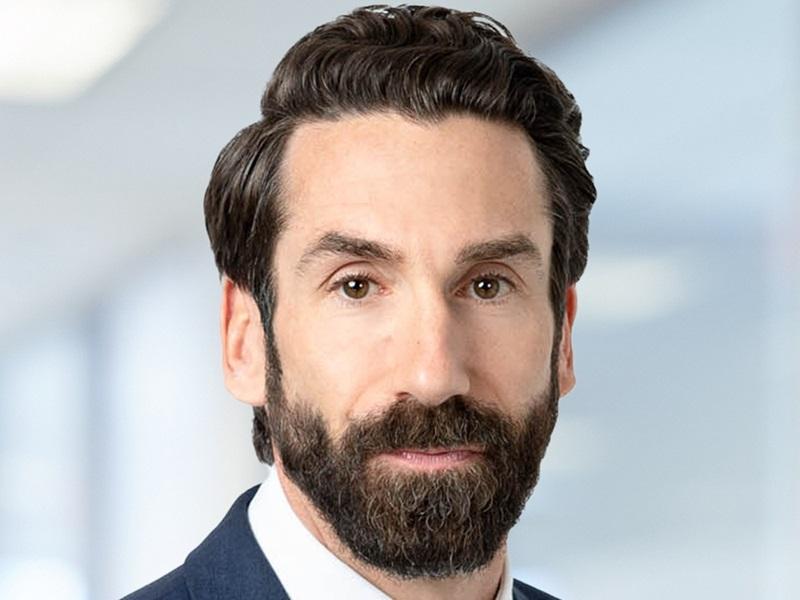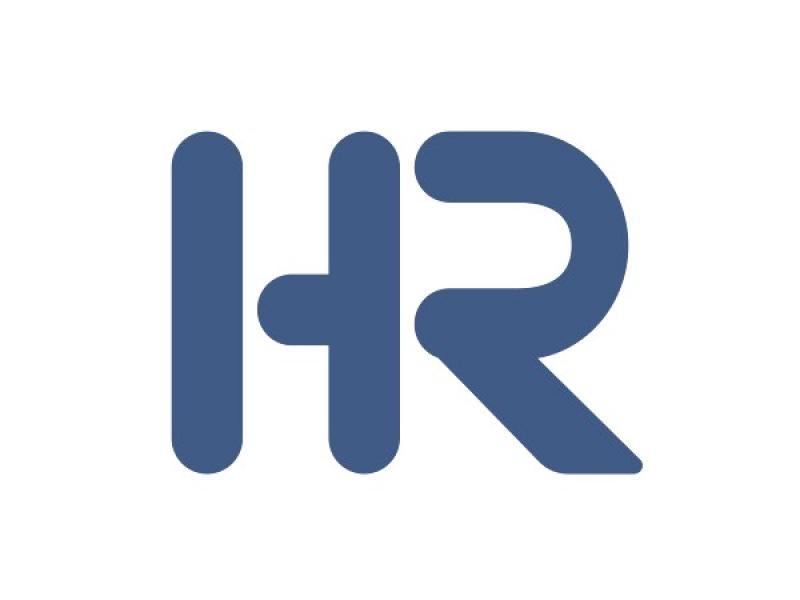
Often portrayed as a sector which is contributing to higher office vacancy, a burgeoning tech sector could actually become a big part of the solution to Calgary’s chronic downtown office vacancy woes.
During the recent Calgary Real Estate Forum, Andrew Chau, co-founder and CEO of Neo Financial, described why his financial tech company is such a strong proponent of working in the office. His message would resonate well with office owners and managers in a city where vacancy hovers around a historic high of 30 per cent.
Earlier this year, Neo created a Calgary Tech Campus with 113,000 square feet of downtown office space. Neo's space is located in the Edison office tower and a converted empty retail floor at the downtown Hudson’s Bay.
“We have zero remote individuals on our team. We’ve been very deliberate on that. Everyone is in the office. Five days a week," Chau stressed. "And we’ve taken a different approach than most other startups where the easy path is to go remote because it’s easier to hire.
"But we felt in the long term, in what we’re trying to build, we don’t even have a culture yet, we’re a young company, so we really want to have an in-person environment in the office that’s really an advantage, or one of the selling points, of coming to work for Neo.”
Create corporate culture at the office
The expansion of Neo's office space comes as Chau's team has more than doubled in the past year, bringing Neo’s Calgary workforce to over 400. The new spaces will accommodate upwards of 800 people with expansion available to house up to 2,000.
That includes flexible space that supports future collaboration with local tech partners.
“We’ve gone over the past three years from four of us to just over 700 people on our team, so talent and hiring is something that we’ve really built a strong system and process around,” said Chau.
“For us here, it’s been around 'How do we build that talent pipeline?'
"We’ve had to be creative. . . . It’s really about finding the right culture fit, finding the people that are curious and smart and analytical but never had the opportunity to work in a fast-paced, high-performance environment.
"For us, it’s really around – and what we’ve really been trying to hammer home in our company and our organization – the culture of a startup and the culture of high performance."
Alberta's diversification now paying off
During a panel discussion at the forum, moderator Mike Mannix, founder and managing partner of Band Capital Partners, said Alberta has leaned in a big way into diversifying the economy following the collapse of oil prices in late 2014.
“I think we’re beginning to see the fruits of that labour,” he said. “Why are we talking about tech? Well, we’re gaining density. We’ve got global incumbents and a start-up ecosystem that are beginning to thrive.
“Our start-up ecosystem . . . has about 1,900 private tech companies in the province, 900 of those are in Calgary.
"That’s supported by an incubator and accelerator system and infrastructure base . . . that’s grown 460 per cent since 2015. All of that is starting to attract serious material capital to the city and into that ecosystem.”
He said in 2021 66 local tech companies raised $500 million in funding. Through the first six months of 2022, that figure had already hit $430 million.
“The momentum in company formation and attracting capital is beginning to create Calgary’s own herd of unicorns,” Mannix added.
He said all that momentum is starting to create a real demand on talent.
The office-remote work push and pull
Shawn Abbott, partner in investment firm Inovia Capital, offered a different perspective on talent retention although he agrees there are also very compelling reasons for a return to the office.
“I’d love to have everyone back in the office but it’s not happening because I take a talent view on this," Abbott said.
"I can no longer count the number of promising young grads that have left Calgary to go to (University of) Waterloo if they’re technology, Western (University) if they’re going to Ivey (Business School) if they’re business, or Queen’s (University),” said Abbott.
“Guess what? They came back during COVID. Their bosses in Toronto said 'You don’t have to be in the office.' They cancelled their rent. They moved to their parent’s basement here in Calgary. . . . Why are they in Calgary? This is home.
"So suddenly the brain drain has started reversing. These are the people who decide where the companies are. This is what decides the shape of real estate. This is what decides the needs of space.
"These factors, I can’t tell you exactly what they mean, but let’s not lose track that people voted with their feet.”
Abbott said in the tech industry 20 per cent annual attrition is average. Today, he is seeing about 40 per cent annual attrition in some of its portfolio companies.
“That’s huge mobility. . . huge mobility. That to me is the single largest factor that this room needs to think about,” he told the forum crowd.
"Unprecedented shift of power"
“We’ve just gone through a one-time, unprecedented shift of power from employers to employees. Never in that magnitude, to that extent, over a short period of time has there been such an incredible shift in power . . .," Abbott said
"Calgary is on the radar in a new way that wasn’t true before COVID. That doesn’t mean that it’s a natural place for headquarters for tech businesses, but it’s possible now.
“I have a lot of young professionals talking to me about entering their career and they’re looking (for) an introduction to one of our portfolios. I always have the same first advice: No. 1, go to the office.
"The only way you can figure out who you are, how to be a professional in this industry is if you can sit and overhear the phone calls of someone that’s been doing it a few decades.
"You can’t do it remote from your parents' basement. It’s not going to happen. . . . You have to be in the office to have a strong culture.”
Doug Schweitzer, senior advisor at Deloitte and a former Alberta government cabinet minister who quarterbacked the Alberta Recovery Plan for several years, said the diversification of the province’s economy is now strong.
He said about $30 million to $40 million of venture capital was invested in the province during 2017. That grew to $100 million in 2018, $200 million-plus in 2019 and over $400 million in 2020.
This year it will be well over $500 million.










